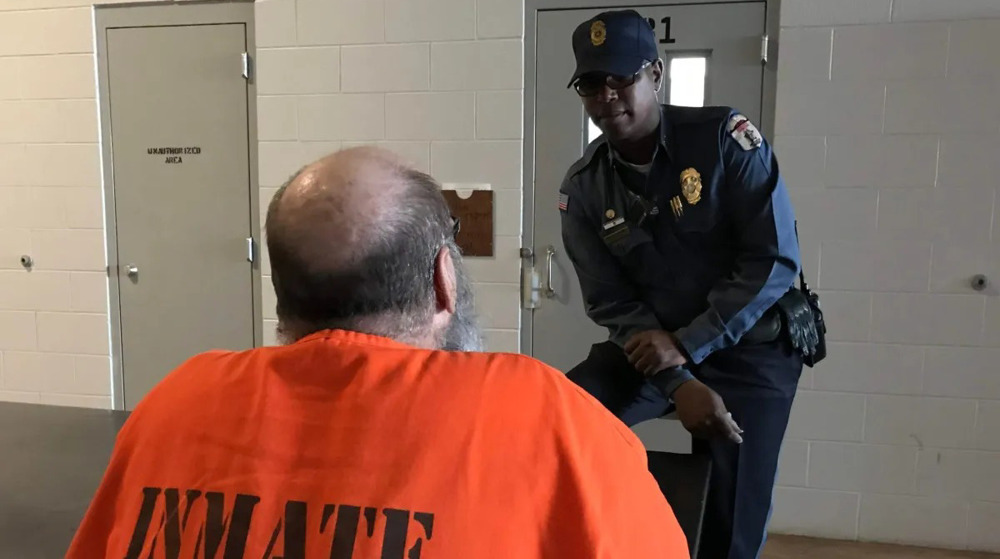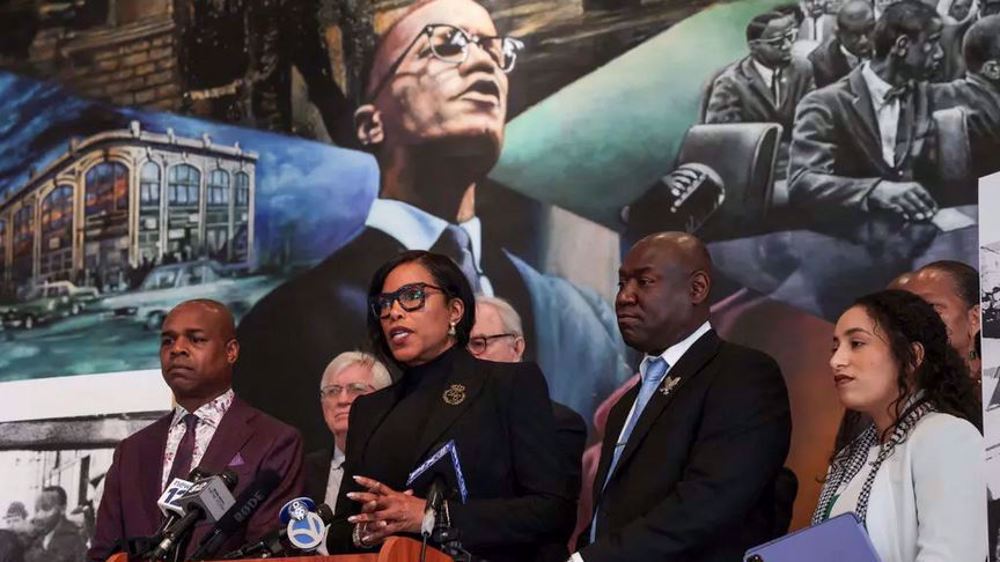US guards use pepper spray, stun guns to subdue prisoners in mental health crisis
Prison guards in the US state of Pennsylvania use aggressive and distressing tactics to subdue prisoners with mental health illness, who may not be able to comply with orders, an investigation has found.
According to a joint probe by WITF and NPR that looked at 456 incidents from 25 county jails in Pennsylvania, nearly 1 in 3 "use of force" incidents involved a person who was having a mental health crisis or who had a known mental illness during the last quarter of 2021.
In many cases, guards used weapons like stun guns and pepper spray to control and subdue such prisoners despite the fact that their severe psychiatric conditions meant they may have been unable to follow orders — or even understand what was going on.
Most uses of force in prisons don't lead to death, but the practices employed by prison guards every day in county jails can put prisoners and staff at risk of injury.
“There are always going to be use-of-force incidents at the prison," Dauphin County spokesman Brett Hambright told NPR.
And Craig Haney, a psychology professor, says some of those mentally ill inmates are being traumatized.
“Some mentally ill prisoners are so traumatized by the abuse that they never recover, some are driven to suicide, and others are deterred from bringing attention to their mental health problems because reporting these issues often results in harsher treatment," Cruz said.
Correctional authorities, however, claim the use of physical force is an important option to prevent violence between inmates, or violence against guards themselves.
Records kept by correctional officers at the 25 Pennsylvania county jails, however, show that just 10% of "use of force" incidents were in response to a prisoner assaulting someone else.
Records also show one in five uses of force — 88 incidents — involved a prisoner who was either attempting suicide, hurting themselves or threatening self-harm.
Pamela Rollings-Mazza, who provides medical and behavioral services at about 35 county jails in Pennsylvania, says her team frequently sees people come to jail who are "not reality-based" due to psychiatric illness, and can't understand or comply with basic orders.
In one of such “use of force” incidents in a jail in Harrisburg county in Pennsylvania, a prisoner with mental health problem, Ishmail Thompson, was killed after a guard covered his head with a hood and put him in a restraint chair, strapping down his arms and legs.
Some 20 minutes later, an officer noticed something wrong with Thompson's breathing. He was rushed to the hospital, but five days later, Thompson died.
The district attorney declined to bring charges against the officer.
According to experts, prison is not an appropriate setting for treating serious mental illness.
Currently there are thousands of local jails across the US, and they depend on the local and state governments that set correctional policies, and that fund — or fail to fund — the mental health services that could keep vulnerable people out of jail in the first place.
VIDEO | Former FBI agent criticizes US Congress for 'outright corruption'
IRGC chief urges Muslim countries to cut aid routes to Israel
'New chapter in cooperation': Iran, Venezuela sing new MoUs
Jordan sentences former lawmaker for supporting Palestinian resistance
Basij volunteer forces hold massive drills in southwestern Iran
Israeli war criminals 'not welcome', US city says after ICC ruling
US vetoing of Gaza ceasefire resolution ‘disgraceful’: Iran’s UN envoy
VIDEO | IAEA adopts anti-Iran resolution tabled by E3











 This makes it easy to access the Press TV website
This makes it easy to access the Press TV website